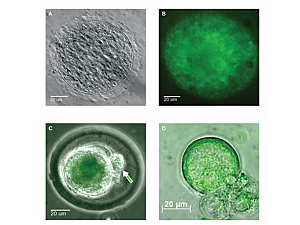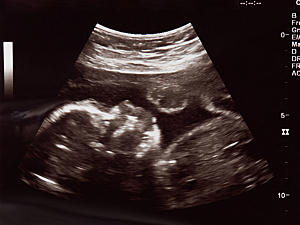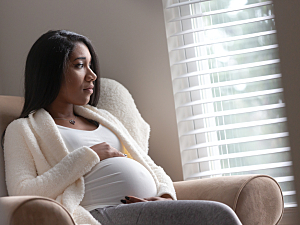How Do Male Anxiety and Depression Affect IVF Outcomes, and Can Antidepressants Help?

A study conducted by six Brigham specialists explored the impact of men’s mental health on fertility treatment and found no difference in IVF outcomes among men with or without anxiety, regardless of antidepressant use. First author Zachary Walker, MD, discusses the paper’s key findings and clinical implications.
Read More...







